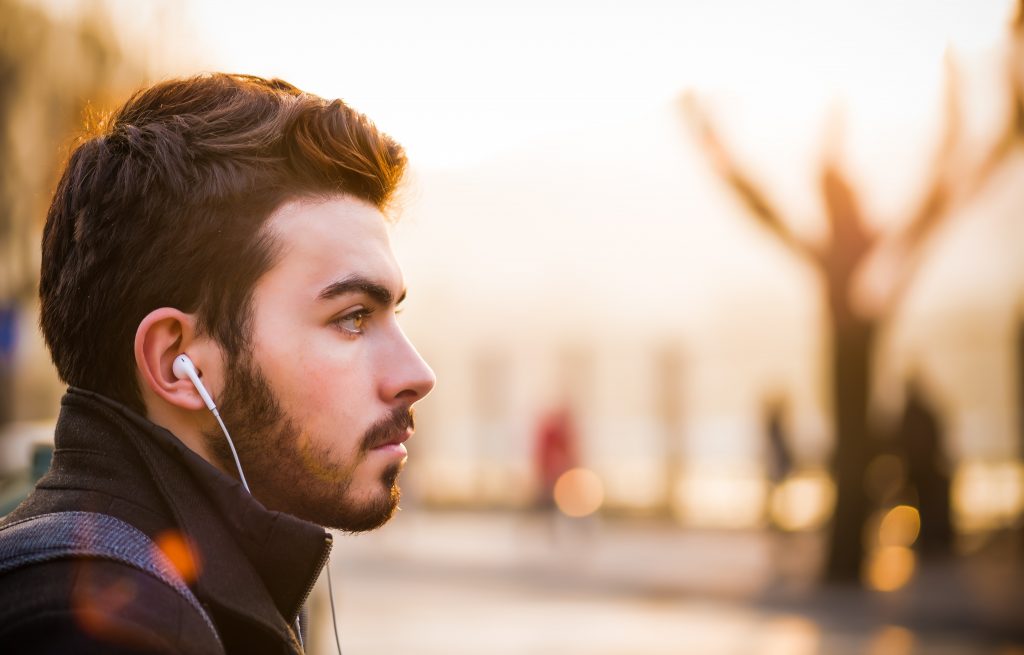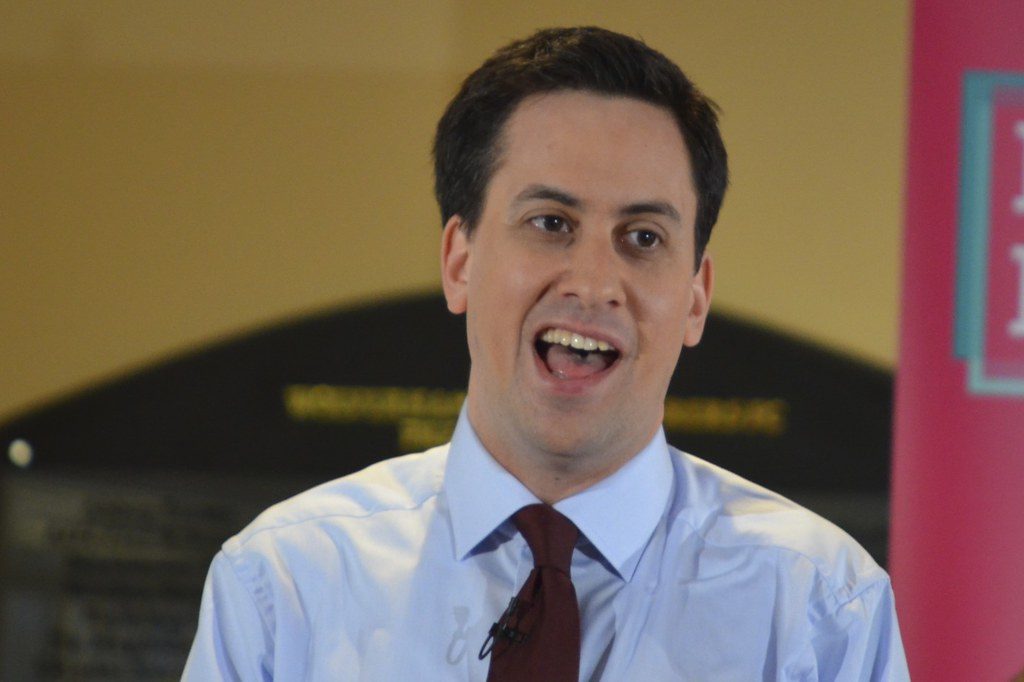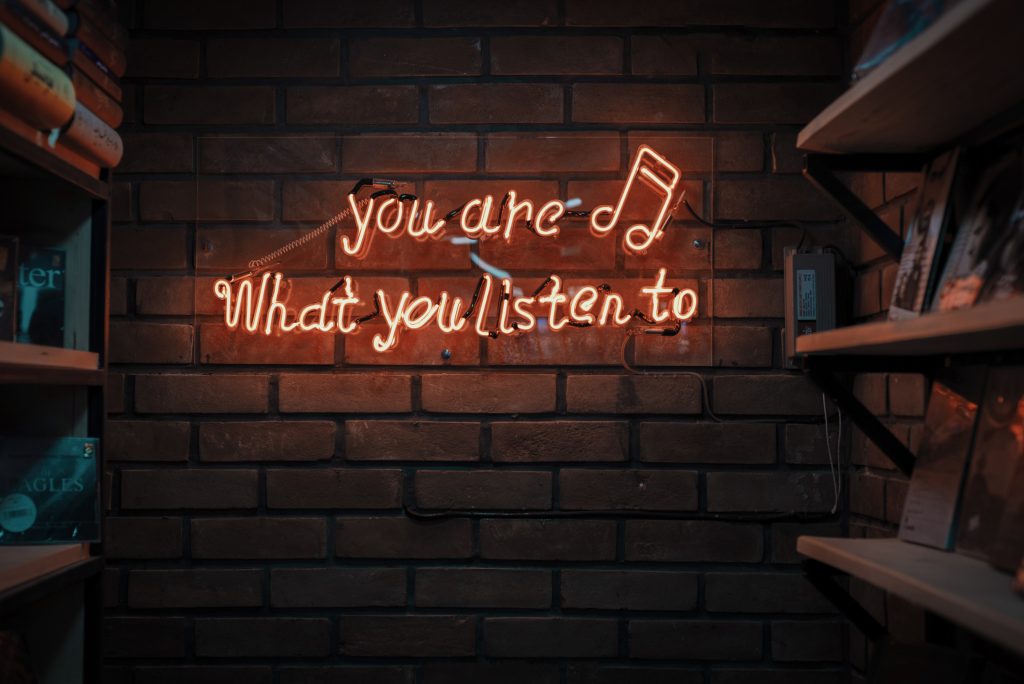
Three little felt sculptures I made for the season.
Is this working? What would it take for it to work?
I feel a bit stalled out on the inquiry process in this “edtech” course, to be honest. Maybe it’s because I haven’t had a coffee today. Or maybe it’s something about the design and how I interact with it. In our observation course, to provide a comparison, we have a single inquiry project, and scaffolding in terms of weekly or every-two-weeks assignment deadlines. So far, they have been: submit an idea; submit a proposal with inquiry questions; submit an annotated bibliography of minimum 5 sources related to your inquiry. The next will be a set of interviews about our topics. Having the process broken down into chunks has definitely helped me.
In this course, the inquiry process is a lot more open. The edtech inquiry (for me: podcasting and the classroom) has no scaffolding except a presentation at the end, and that will only be 7 minutes. I have been thinking about podcasts more than usual, and have self-assigned a couple of blog posts to share out some thinking, but the reality is that my inquiry will be light. As for my free inquiry (felting!), the process has had a rise and fall. I was excited at the beginning because I thought I chose strong questions, and actually used a PSII resource to make them. But I do note that the PSII resources include a teacher role, mainly to keep the learner accountable and advancing. In my professional life, I really notice the value of regular meetings, just to keep me and my coworkers on track, because we are accountable to each other if nothing else.
If I go back to the PSII resource, and move on to “Step 2”, I see: Engage in research (books, internet, discussion, reflection, mini-project, lab…) that will better inform the inquiry. I have been doing mini-projects in felting – the hearts and then the fall sculptures above. I suppose I could proceed to doing some research for books about felting and about fibre arts among First Nations in this region. I could talk to my art instructor and ask if she knows about felting used in K-12 classrooms. Admittedly, I’ve mentioned both of these already, and have them on my Trello board. The issue is that both feel more like academic work. There is resistance, and pushing through might benefit me, but I don’t particularly feel like prioritizing them, without feeling accountable to anyone. Maybe this is a sign to keep the free inquiry more fun? Musings…



Recent Comments